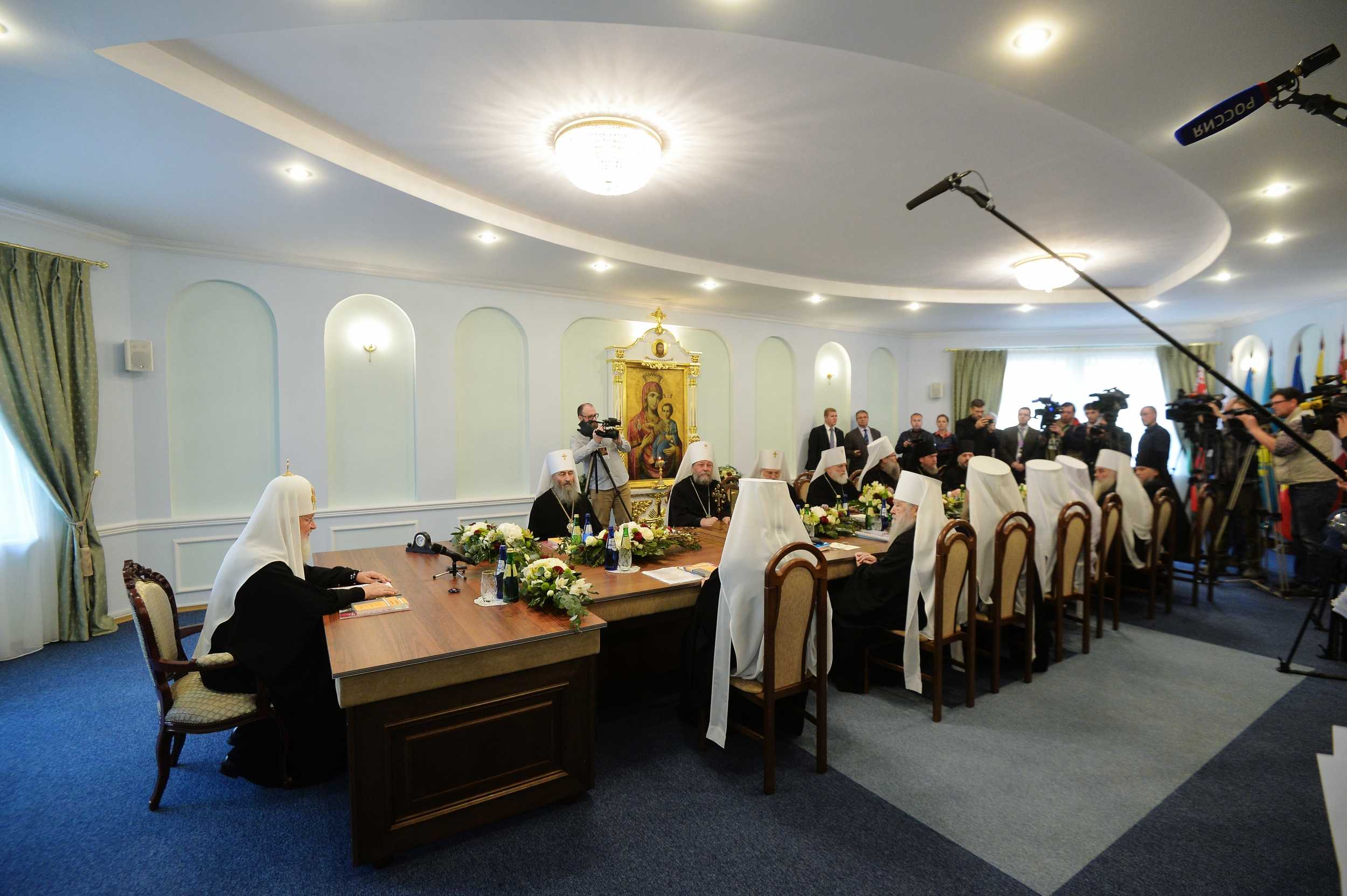Implementation of the oil agreement has resumed; the Russian Orthodox Church broke up with Constantinople in Minsk
 The situation has not changed
The situation has not changed

Two events determined Russo-Belarusian relations last week. Namely, the high-profile but rather insignificant meeting of the Synod of the Russian Orthodox Church in Minsk and the split of the Russian Orthodox Church with Constantinople; and the implementation of the recently signed oil agreements.
The Synod of the Russian Orthodox Church met on October 15th in Minsk, during the meeting it was announced that relations with the Patriarchate of Constantinople were severed. This decision, which was a political response to the Constantinople’s readiness to recognise the autocephaly of the Ukrainian Church, has put parishes of the Russian Orthodox Church outside Russia and Belarus in a difficult situation. This split between the Russian Orthodox Church and the Patriarchate of Constantinople is unlikely to have a significant impact on bilateral relations – Russo-Belarusian and Belarusian-Ukrainian, however, would score a white ball for the first and a black one for the second.
Apparently, two circumstances should be clarified. First, it would be incorrect to speak about the ‘greater’ dependence of the Belarusian Exarchate from the Moscow Patriarchate, since such dependence is absolute, which is reflected even in the name. Unlike the Belarusian state, the Belarusian Orthodox Church does not exist separately from the Russian Orthodox Church. On the contrary, a split could somehow facilitate the emancipation of the Belarusian exarchate. Second, to a large extent, the political influence of the church in Belarus (Belarusians are less religious than their neighbours from Russia, Ukraine and Poland) is strictly limited by the authoritarian power of Lukashenka.
To implement the oil agreement, Russia reduced export of petrochemicals to Belarus and transferred the delayed USD 410 million, which she used as a lever to win her terms of agreements on petrochemicals.
Subscribe to our newsletter




Situation in Belarus
Constitutional referendum: main consequences


 Video
Video
How to count the political prisoners: are the new criteria needed?


 Video
Video
Paternalism In Decline, Belarusian Euroscepticism, And The Influence Of Russia


 Video
Video












